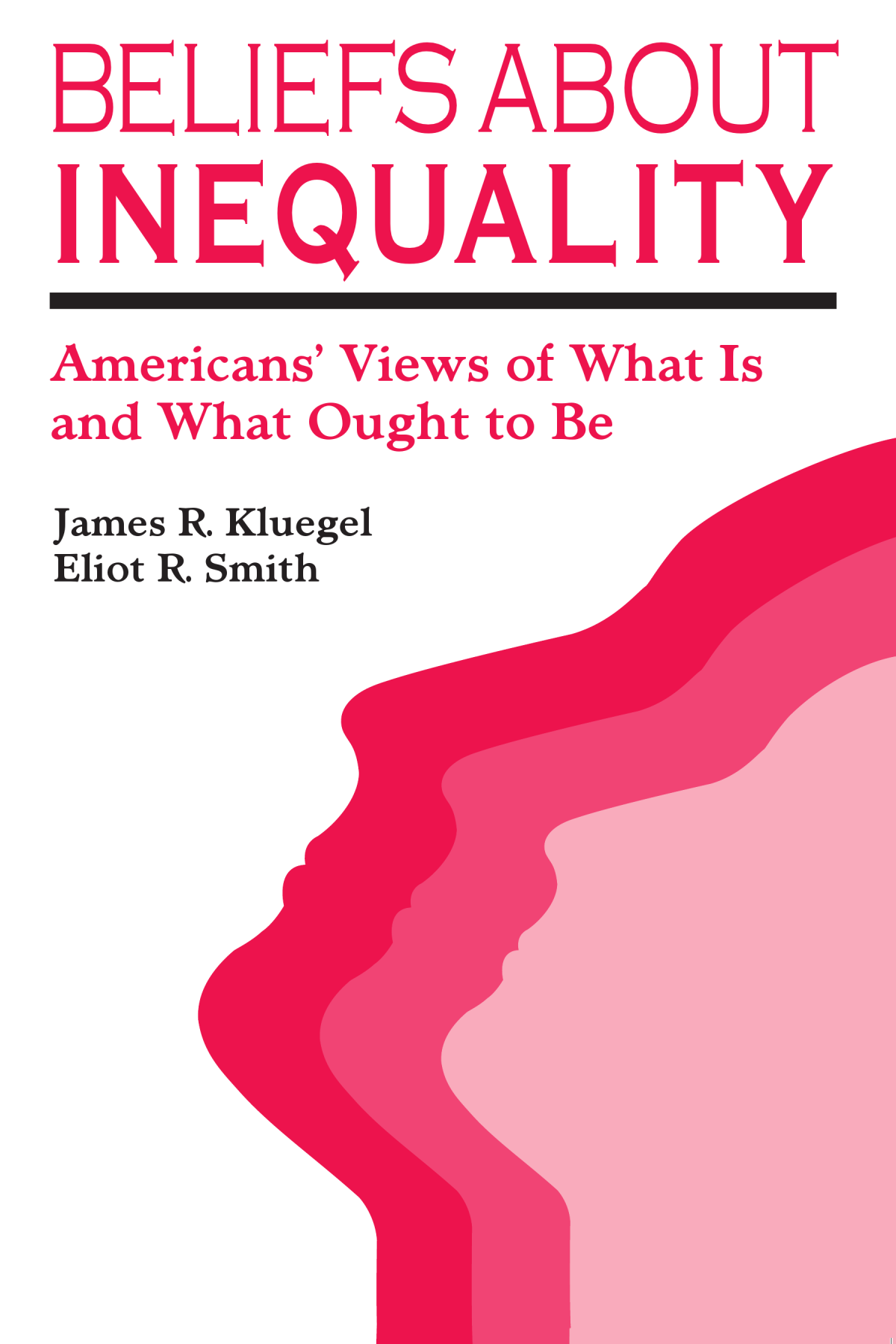

Most ebook files are in PDF format, so you can easily read them using various software such as Foxit Reader or directly on the Google Chrome browser.
Some ebook files are released by publishers in other formats such as .awz, .mobi, .epub, .fb2, etc. You may need to install specific software to read these formats on mobile/PC, such as Calibre.
Please read the tutorial at this link: https://ebookbell.com/faq
We offer FREE conversion to the popular formats you request; however, this may take some time. Therefore, right after payment, please email us, and we will try to provide the service as quickly as possible.
For some exceptional file formats or broken links (if any), please refrain from opening any disputes. Instead, email us first, and we will try to assist within a maximum of 6 hours.
EbookBell Team

4.8
84 reviewsMotivated by the desire to explain how Americans perceive and evaluate inequality and related programs and policies, the authors conducted a national survey of beliefs about social and economic inequality in America. Here they present the results of their research on the structure, determinants, and certain political and personal consequences of these beliefs. The presentations serve two major goals; to describe and explain the central features of Americans' images of inequality. Beliefs About Inequality begins with a focus on people's perceptions of the most basic elements of inequality: the availability of opportunity in society, the causes of economic achievements, and the benefits and costs of equality and inequality. The book's analysis of the public's beliefs on these key issues is based on fundamental theories of social psychology and lays the groundwork for understanding how Americans evaluate inequality-related policies. The authors discuss the ultimate determinants of beliefs and the implications of their findings for social policies related to inequality. They propose that attitudes toward economic inequality and related policy are influenced by three major aspects of the current American social, economic, and political environment: a stable "dominant ideology" about economic inequality; individuals' social and economic status; and specific beliefs and attitudes, often reflecting "social liberalism" shaped by recent political debates and events.